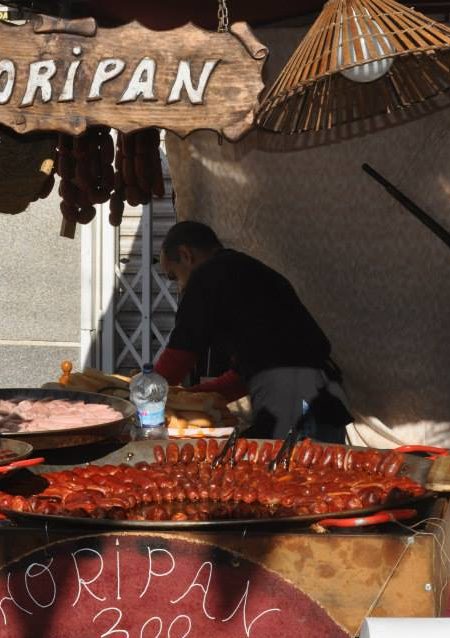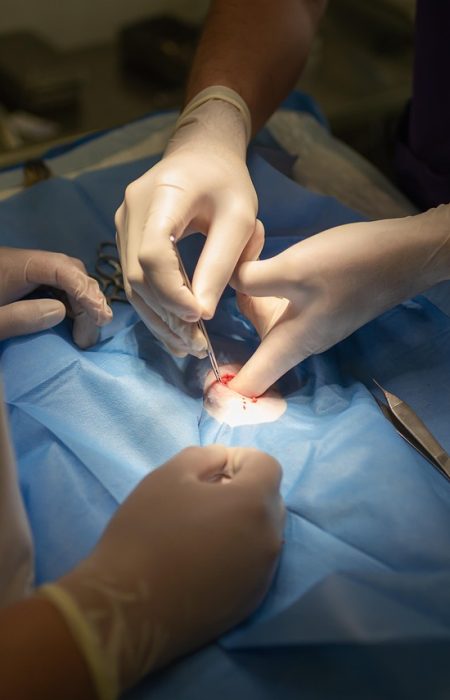The city council of Alicante has given the new pest bird control agency the job for 2026 and 2027. The purpose of this program is to keep the populations of pigeons and other urban animals at levels that are regarded “acceptable” from a health point of view. To do this, it strengthens its capture and monitoring activities. Lokímica won the contract, which was worth €91,585 (including VAT), because it was the only company that bid in the public bidding process. The contract is good for two years, and it can be renewed for another two.
The Department of Health wrote up technical requirements that say the service’s job is to “numerical control” domestic pigeons and other birds, doves, parakeets, and seagulls, that could be bad for people’s health or the city’s environment. The document says that the system will be based on scheduled captures, population censuses, removing nests, and deterrent measures to stop nesting. It will also include public information campaigns about the ban on feeding pigeons.
The statement says that the large number of these birds in cities is now an environmental risk factor since they destroy buildings, parks, and furniture, as well as making cleaning difficult and perhaps causing health concerns. The city’s environment (plenty of food, no predators, and places to nest) have led to a “population explosion” of pigeons and doves. This is why the government team devised a permanent plan to limit the population.
Four annual capture campaigns over two days at different areas across the city are part of the strategy. These will be preceded by fifteen days of baiting to make sure they work. Launch nets and trap cages will be used to do these things in both public places and approved residential neighbourhoods. The contract also says that nests, eggs, and chicks must be removed from public or private structures, nesting locations must be blocked, and exclusion measures (rods, wire, or netting) must be put in place to keep them from coming back.
Other kinds
Control also includes other types of birds, like the collared dove, gulls, and psittacines (Argentine and Kramer’s parakeets). When it comes to gulls, the organisation has to deal with complaints of irritation or unhealthiness and respond within an hour to dangerous circumstances, including birds dropping into yards or homes. Planned targeted interventions for parakeets will use the same strategies as those used for pigeons.
The program includes monitoring the health of the city’s pigeons and doves. Random samples are sent to a veterinarian for investigation using PCR techniques or cultures to find germs, viruses, and parasites that pose a threat to public health, like avian influenza. At least once a year during the contract, these tests will be done.
The winning bidder, Lokímica, is making a number of changes to the tender conditions. They are adding fifteen more captures with a launch net, three health analyses of fifty pigeons each, twenty more linear metres of rods or wires, and twenty more square metres of mesh for building protection. They are also adding five more trap cages to be installed at the same time as the ones specified in the specifications.
Parks and car parks
The service will cover the whole municipality, even Tabarca Island, and will work in parks, gardens, empty lots, and other places where there are a lot of birds. The council will hire a municipal technician to run the operations and write monthly reports on how many birds were caught, how many problems were dealt with, and what happened to the birds.
The contract says that seized pigeons must be taken to approved centres. However, the specifications say that the birds can be euthanised and their bodies cleaned up “if necessary,” as long as animal welfare laws are followed. It also makes the concessionaire responsible for finding and warning anyone who routinely feed the pigeons, reminding them of the city’s ban and their responsibility if they don’t follow it.
The Deputy Mayor and Councillor for Contracting, Manuel Villar, endorsed the proposal to award the contract after the Local Government Board meeting on September 9th. The contract was then approved in October after the company’s paperwork was looked over. The contract will only be carried out if there is enough money in the budget for the years 2026 and 2027, with an annual allocation of €45,792.The city council of Alicante has given the new pest bird control agency the job for 2026 and 2027. The purpose of this program is to keep the populations of pigeons and other urban animals at levels that are regarded “acceptable” from a health point of view. To do this, it strengthens its capture and monitoring activities. Lokímica won the contract, which was worth €91,585 (including VAT), because it was the only company that bid in the public bidding process. The contract is good for two years, and it can be renewed for another two.









No Comment! Be the first one.